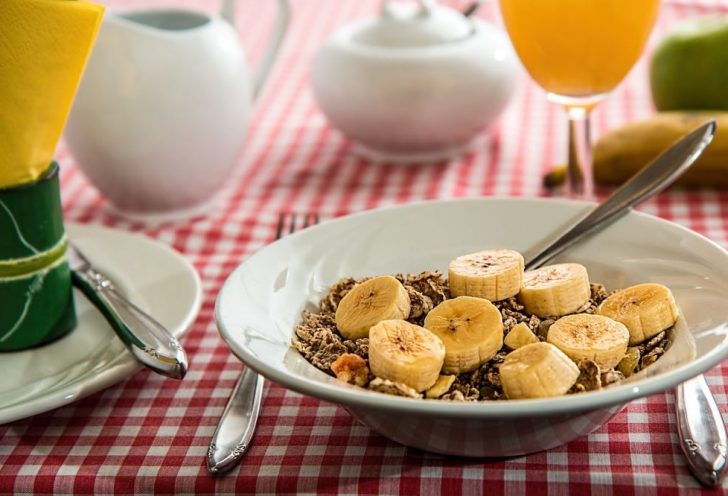Diet for PCOS: A Comprehensive Guide to Managing Symptoms

Introduction:
Polycystic ovary syndrome (PCOS) is a hormonal disorder that affects many women, leading to a range of symptoms such as irregular periods, insulin resistance, weight gain, and fertility issues. One of the most effective ways to manage PCOS is through dietary changes. In this article, we will provide a detailed overview of the ”diet for PCOS” and explore its different types, popular approaches, quantitative measurements, variations, and historical pros and cons.
1. Understanding the Diet for PCOS:

The diet for PCOS aims to regulate insulin levels, reduce inflammation, improve hormonal balance, and promote weight loss. By making specific food choices and adopting healthy eating habits, individuals with PCOS can alleviate their symptoms and improve their overall well-being.
2. Types of Diet for PCOS:
There are several types of diets that have been found beneficial for individuals with PCOS. These include low-glycemic index (GI) diets, Mediterranean diets, ketogenic diets, and anti-inflammatory diets. Each diet has its unique focus and recommended food choices to target underlying issues related to PCOS.
a. Low-Glycemic Index (GI) Diet:
This diet emphasizes consuming low-GI foods that release sugar slowly into the bloodstream, preventing sudden spikes in blood sugar levels. It includes foods such as whole grains, fruits, vegetables, lean proteins, and healthy fats.
b. Mediterranean Diet:
The Mediterranean diet emphasizes consuming whole foods, particularly fruits, vegetables, whole grains, legumes, nuts, and seeds. It also includes moderate consumption of fish, poultry, and dairy products, while limiting red meat and processed foods.
c. Ketogenic Diet:
The ketogenic diet focuses on consuming high-fat, low-carbohydrate foods. By significantly reducing carbohydrate intake, the body enters a state of ketosis, where it burns fat for fuel instead of glucose. This diet may help improve insulin resistance in individuals with PCOS.
d. Anti-Inflammatory Diet:
An anti-inflammatory diet includes foods that help reduce inflammation in the body. It emphasizes fruits, vegetables, whole grains, lean proteins, and healthy fats, while minimizing processed foods, trans fats, and added sugars.
3. Quantitative Measurements in the Diet for PCOS:
Various quantitative measurements can be taken into account while following the diet for PCOS, including calorie intake, macronutrient distribution, and portion control. It is crucial to individualize these measurements based on a person’s age, weight, activity level, and specific PCOS symptoms.
4. Differences Among Diet for PCOS Approaches:
While different diet approaches share common goals, they may vary in terms of recommended food choices and other specific guidelines. For example, low-GI diets focus on choosing carbohydrates with a low GI value, while ketogenic diets restrict carbohydrate intake severely. Understanding these differences allows individuals to choose a diet that aligns with their preferences and requirements.
5. Historical Pros and Cons of Diet for PCOS:
Over the years, various research studies have shed light on the benefits and limitations of different diets for PCOS. For instance, low-GI diets have shown positive effects on insulin resistance and weight management. However, there is a need for more extensive research to understand the long-term effects and sustainability of these diets.
[INSERT VIDEO HERE]
Conclusion:
The diet for PCOS offers a holistic approach to managing symptoms and improving overall health for women with PCOS. By understanding the different types of diets available, quantifying measurements, and considering historical pros and cons, individuals can make informed decisions regarding their dietary choices. It is important to consult with a healthcare professional or a registered dietitian before making any significant changes to ensure personalization and safety. Taking control of one’s diet can be empowering and contribute to a better quality of life for individuals with PCOS.





















